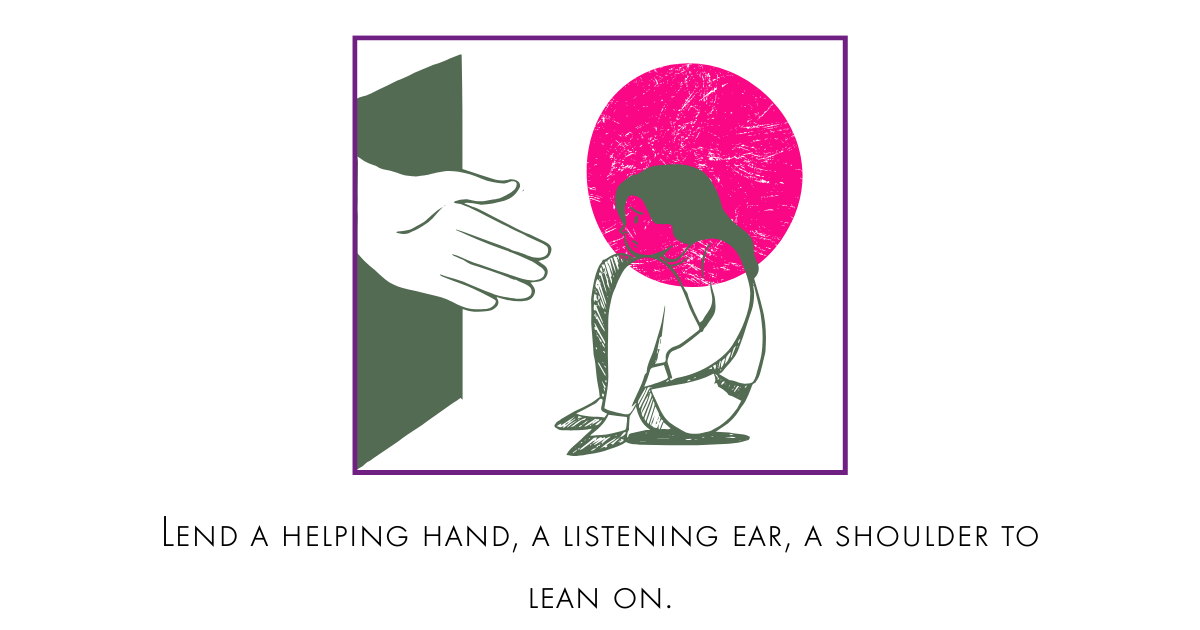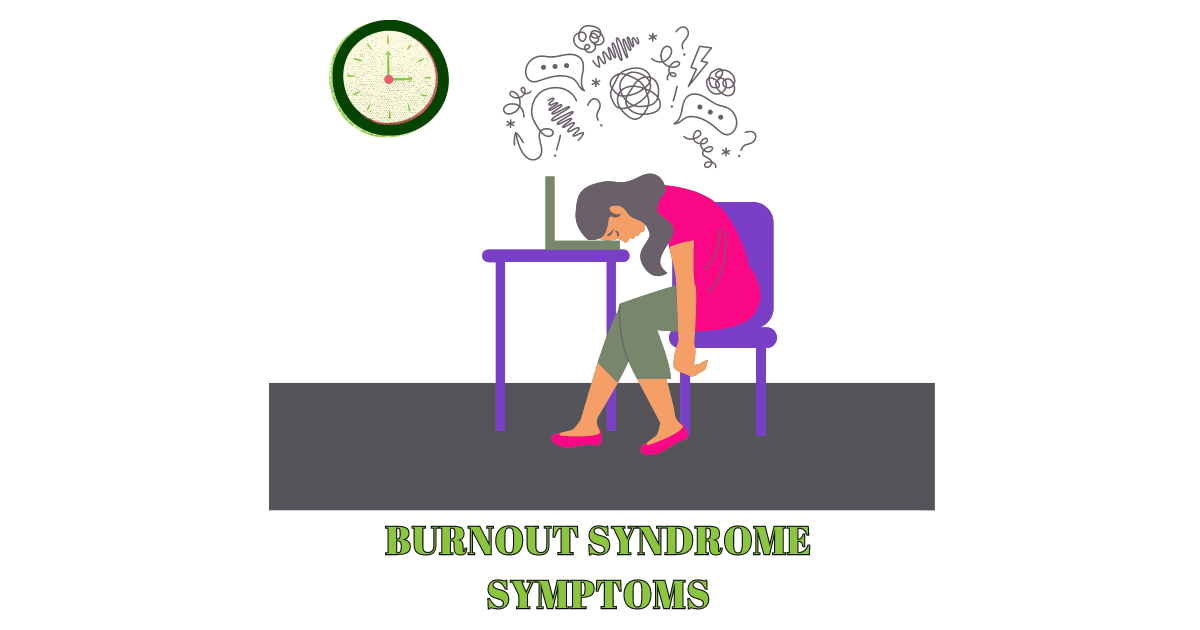Understanding Burnout and Its Impact
Burnout is a state of extreme mental and emotional tiredness brought on by ongoing stress. Being a part of today's "keep up with the Jones" society can lead to significant burnout. Feeling lethargic, irritated, unfulfilled, and overpowered thereafter. It may have detrimental effects on a person's general health and standard of living.
Jobs, the most obvious explanation, aren’t always the sole stressor, thus understanding the reason for burnout is essential to finding solutions. One may feel overburdened by their responsibilities due to ongoing pressure from friends, family, partners, and school. Rejection and failure are frequently other sources of unending stress. To effectively manage burnout, it is imperative to understand its impact.
Common Signs of Burnout in Young Adults
Burnout in young adults can manifest in numerous ways, impacting both their physical and mental health. Here are some common signs to watch out for[1]:
- Physical Symptoms: One may experience headaches, stomachaches, muscle tension, or other physical complaints without a clear medical cause. Along with feeling exhausted and constantly drained, both physically and emotionally, despite getting enough sleep.
- Decreased Performance: Despite prior proficiency, there is a discernible decline in academic or professional performance. Burnout can also show up as "brain fog," trouble focusing, making decisions, and concentrating.
- Cynicism and Detachment: Feeling disconnected from previously rewarding work, studies, or social activities and excluding oneself from relationships and social activities or avoiding social encounters.
- Increased Irritability: Being easily agitated, irritated, or frustrated over trivial matters. A rise in negativity and gloom, critical self-talk, or an all-around pessimistic attitude on life.
- Neglecting Self-Care: disregarding personal hygiene, neglecting healthy eating practices, or not exercising regularly. They lack motivation and no longer find the same joy or fulfillment in what they once did. Moreover, sleep patterns change. Irregular sleep cycles brought on either oversleeping or insomnia.
- Substance Use: Turning to drugs, alcohol, or other substances as a coping mechanism to dull the pain and alleviate discomfort and stress.
Recognizing these signs early on can help take necessary steps to prevent further escalation of burnout.[2]
Factors Contributing to Burnout
Young adults may experience burnout due to a variety of reasons, such as excessive workloads, inadequate coping strategies, perfectionism, and a lack of work-life balance. However, burnout is a result of more than simply outside factors. Equally taxing can be internal battles, such as feelings of inadequacy, fear of failing, and the persistent need to live up to unrealistic standards. These stresses can have a cumulative effect that makes one feel lethargic, irritated, and overburdened. Identifying these contributing factors is essential in developing strategies to prevent burnout and promote well-being.[1]
Tips for Preventing and Managing Burnout
If we want to manage burnout successfully, we must first understand its effects. It's not only an issue of being worn out or stressed out; it can seriously affect our general health and standard of living. Burnout can have a wide range of negative impacts, from mental symptoms like depression and anxiety to physical effects like lethargy and insomnia.
Then, what can we do to address it? The first step is realizing that burnout is a complex problem that needs to be approached from all angles. It involves more than just controlling our workloads; it also entails putting self-care first, establishing limits, and asking for help when needed.
The following tips can help young adults prevent and manage burnout:
- Practicing self-care
- Setting boundaries
- Prioritizing tasks
- Seeking social support
- Engaging in relaxation techniques
- Take regular breaks to recharge
- Establish healthy habits and routines that support overall mental and physical health
- Practicing mindfulness
- Learning to say “no” to unreasonable demands.
- Building a strong support network of friends, family, and colleagues (can provide invaluable emotional support during challenging times)
To mitigate burnout before it significantly impairs one's overall well-being and quality of life, a complex strategy is required. This includes having a high level of self-awareness, setting realistic goals, establishing boundaries, getting help, and prioritizing oneself.[2]
Seeking Help and Support
Burnout has become all too frequent in today's fast-paced culture. Young adults exhibiting signs of burnout should seek support and assistance from reliable people, such as friends, family, or mental health specialists. To overcome burnout and enhance general well-being, talking about feelings and concerns might offer insightful advice. By taking proactive actions to address them, one can protect his or her mental, emotional, and physical health while living better, more fulfilled lives.[1]















